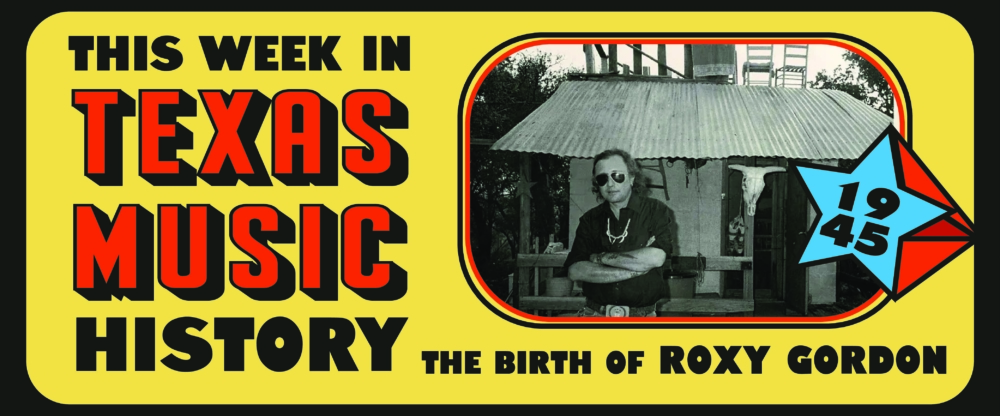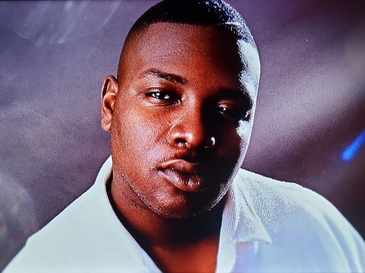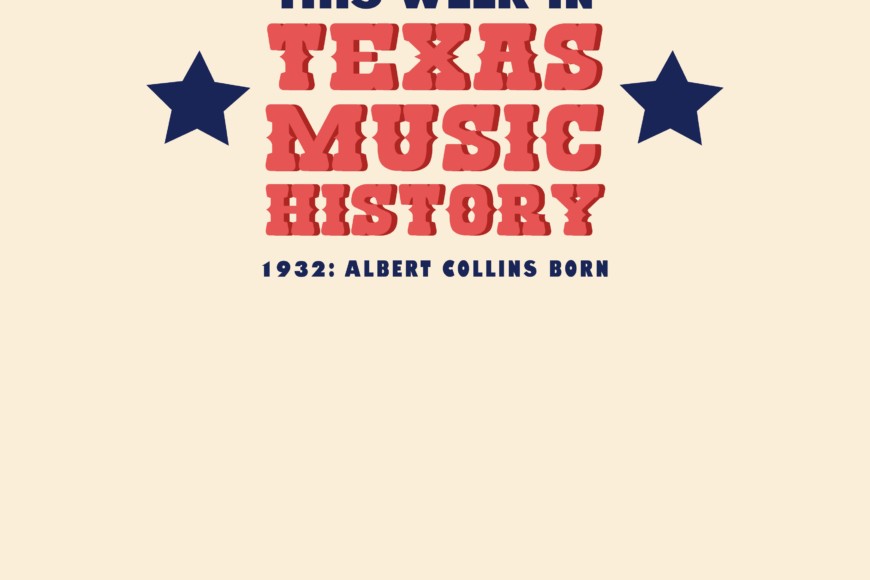This Week in Texas Music History a visionary poet stakes a claim for the indigenous presence in the state’s rich cultural history.
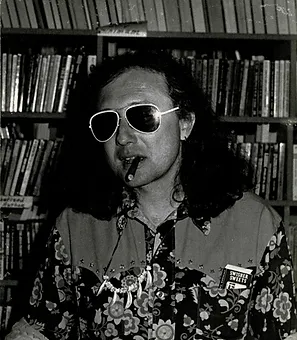
On March 7, 1945, poet, musician, and Native American activist Roxy Gordon was born in Ballinger, Texas. His musical and literary interests flowered during his college years at the University of Texas at Austin. Of Choctaw heritage, Gordon drew close to the American Indian Movement in the late 1960s and moved to Montana to publish the Assiniboine reservation newspaper Fort Belknap Notes. His next stop was Southern California, where Gordon moved in creative circles with Jim Morrison of the Doors, author Richard Brautigan, and poet Michael McClure. In 1976, Roxy Lee Gordon settled in Dallas. Through the 1990s, his home there would be a salon where Gordon’s musical and literary and activist careers converged, increasingly channeled through performance poetry set to music. He published the music magazine Picking Up the Tempo and several books of poetry and founded the Dallas chapter of the American Indian Movement. In 1988, Gordon recorded the experimental album Crazy Horse Never Died, which his label Paradise of Bachelors describes as “atmospheric, synth-damaged country-rock that skirts ambient textures and postpunk deconstructions” that Gordon used to explore Native American history.
As an idiosyncratic iconoclast, it may not surprise that Roxy Gordon associated his work with that of peers and friends Terry Allen, Leonard Cohen, and Townes Van Zandt. He even titled a book Townes Asked Did Hank Williams Ever Write Anything as Good as Nothing. It’s an odd question, but a fair one to to ask of any artist, and Roxy Gordon left his own rich and provocative fragments behind that may well help us find an answer.
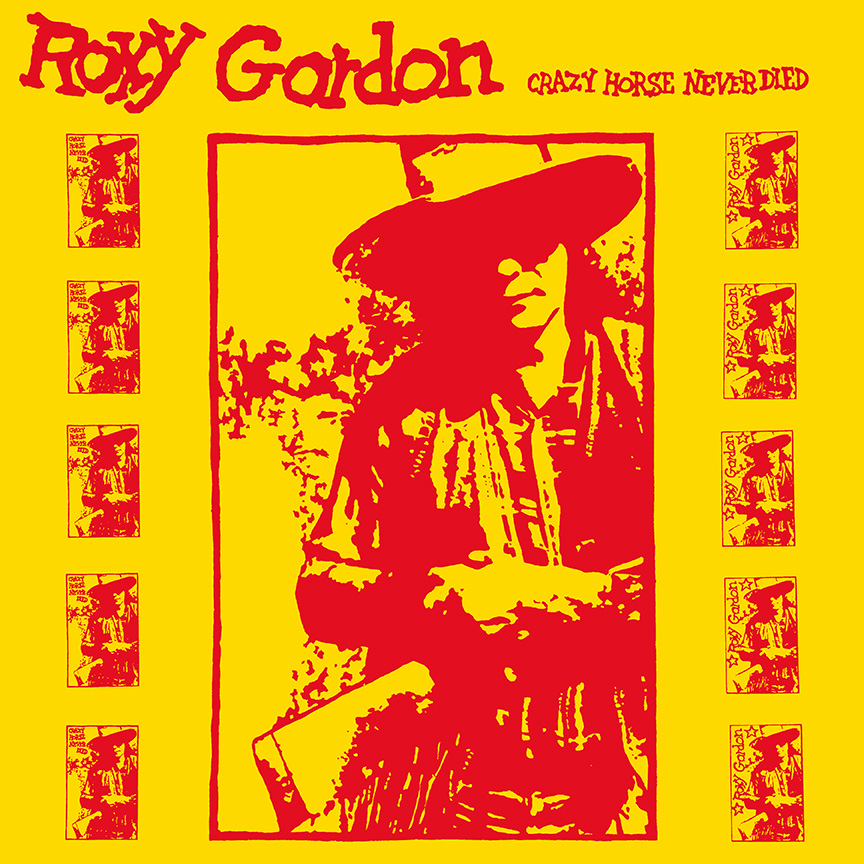
‘Crazy Horse Never Died’
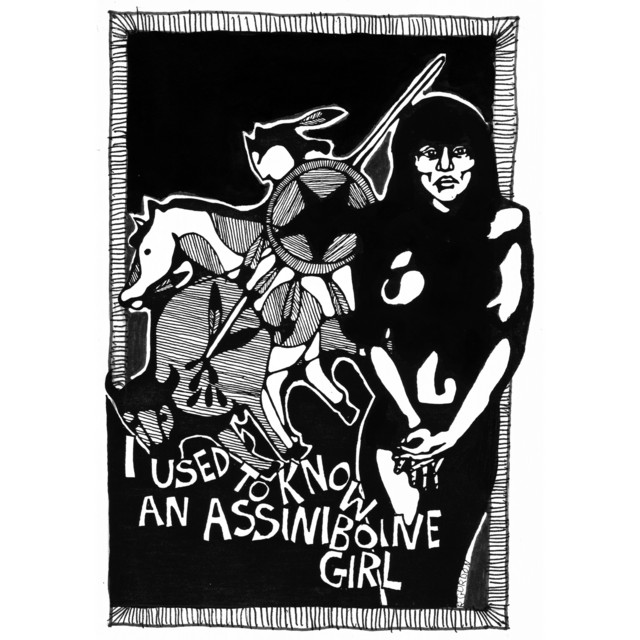

Sources: Paula J. Conlon in Laurie E. Jasinski, Gary Hartman, Casey Monahan, and Ann T. Smith, eds. The Handbook of Texas Music. Second Edition. Denton, TX: Texas State Historical Association, 2012.
Media: Roxy Gordon TV Interview, 1988
